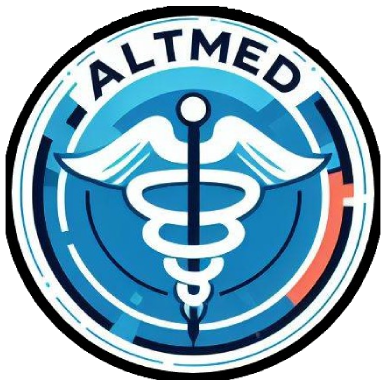Introduction If you or someone you care about has cancer, you might have wondered whether cannabis can help with symptoms like pain, nausea, or anxiety. The American Society of Clinical Oncology (ASCO) recently published a guideline in May 2024 to clarify how cannabis and cannabinoids might be used to support adults with cancer. This article will break down the findings and help you understand what this means for you.
Key Takeaways from the ASCO Guideline
- Symptom Management: Cannabis and cannabinoids can help with cancer-related symptoms, including chronic pain, chemotherapy-induced nausea, and appetite loss. However, evidence is limited, and not all forms of cannabis are equally effective.
- Forms of Cannabis: The report highlights that oral forms (like pills or oils) and synthetic cannabinoids are better studied than smoked or vaped cannabis.
- Safety and Side Effects: While cannabis is generally well-tolerated, potential side effects include drowsiness, dizziness, and dry mouth. It’s crucial to discuss its use with your healthcare provider.
- Legal Considerations: Access to medical cannabis varies depending on your state or country, so understanding the legal framework is essential.
The VitalPoint for Patients This guideline underscores that while cannabis can be helpful for managing certain symptoms, it’s not a cure for cancer. Always talk to your doctor before starting any cannabis-based treatment to ensure it’s safe and appropriate for your needs.
For More Information:
Anxiety Cancer Cannabis Nausea Patient Regulation
